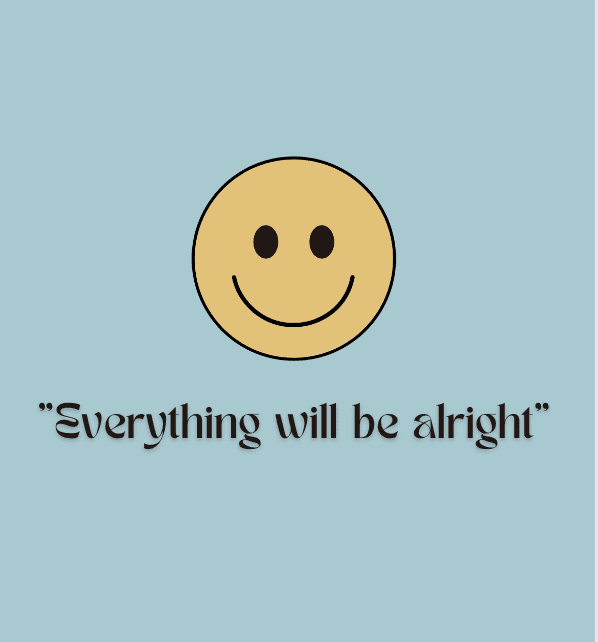It’s not that optimism solves all of life’s problems; it is just that it can sometimes make the difference between coping and collapsing. – Lucy MacDonald
The ability to hope for the best when things are not going right is essential in navigating life’s ever-changing nature. Life is a roller coaster of challenges, trials, tribulations, vicissitudes and constant changes. It is extremely tough to stay optimistic when we are faced with the enormous strains of life, such as losing a loved one, losing a job, divorce, health & financial issues, and career not going as you want it to; it seems you are going from one storm to the other, you want to smile but a sigh is all you could muster, worry and anxiety is all around you; I know that feeling. We’ve all been there, no one lives a problem-free life; whatever would go wrong would eventually be wrong, but when things go wrong as they sometimes would, don’t go wrong with the present challenge you are dealing with. Don’t let success get to your head and don’t let failure get to your heart.
Your journey in life is going to get tough at some point; giving up might seem like an option but Don’t give up yet. The sun will rise tomorrow, this too shall pass, everything will be alright, and what you learn from the ordeal will make you a stronger person with character. When you are going through trials and tribulations, self-doubt and constant anxiety, it does not feel like there is light at the end of the tunnel but there is.
